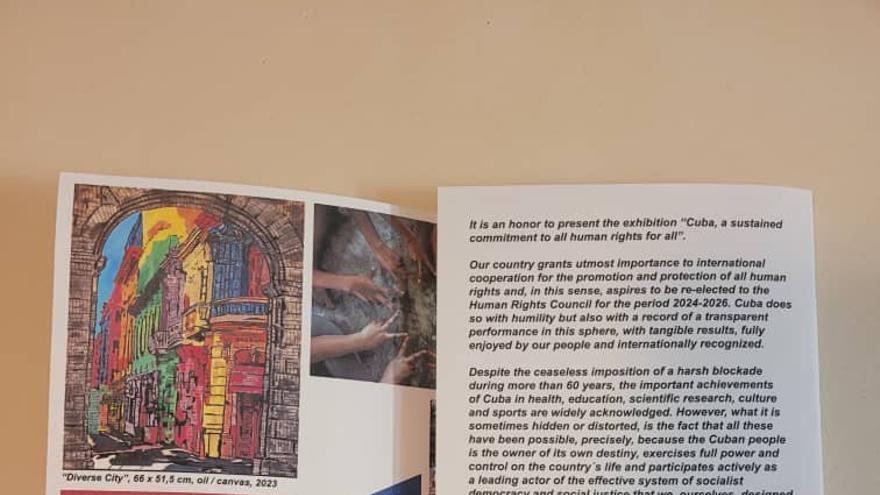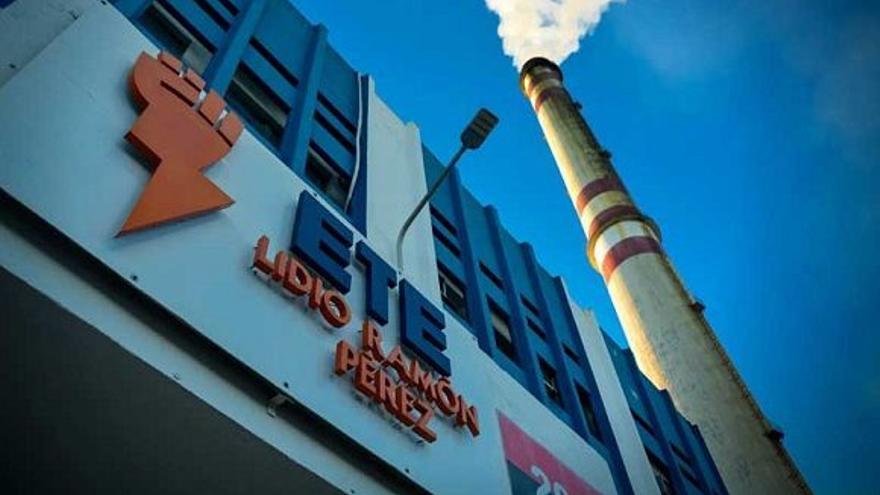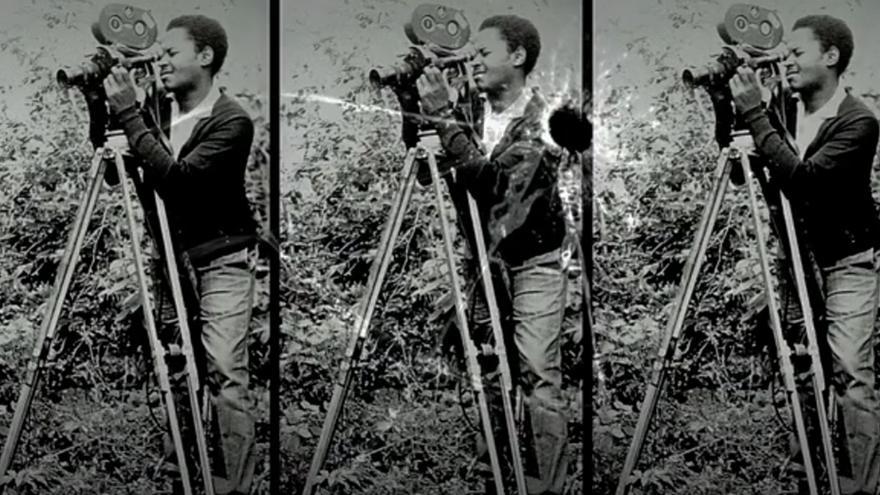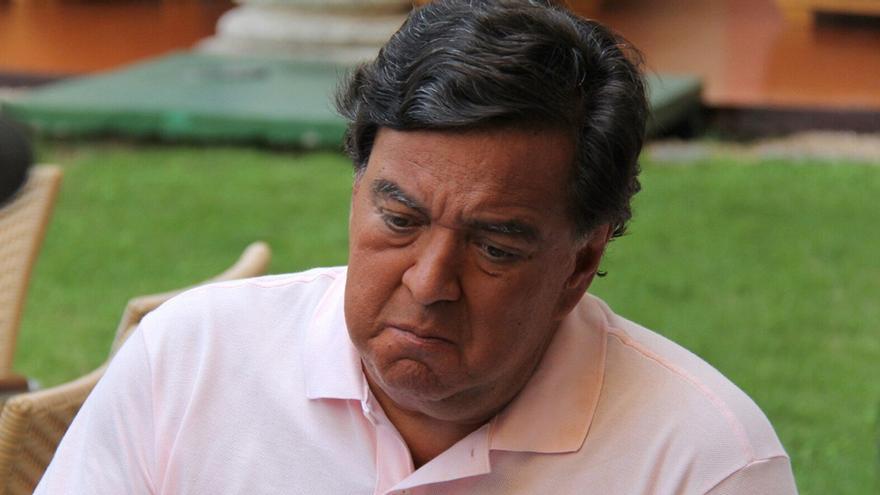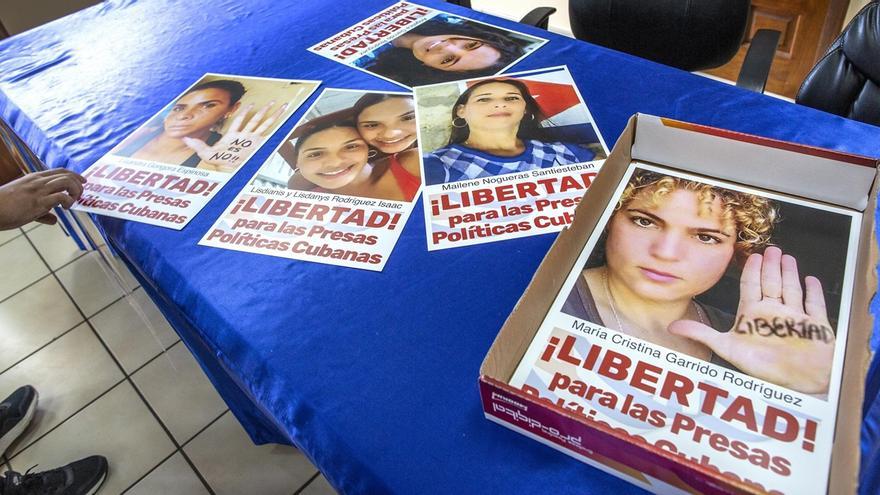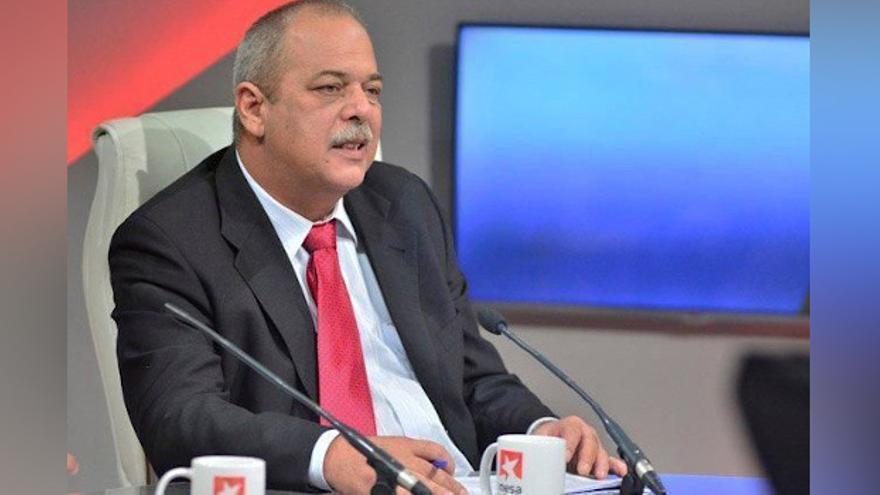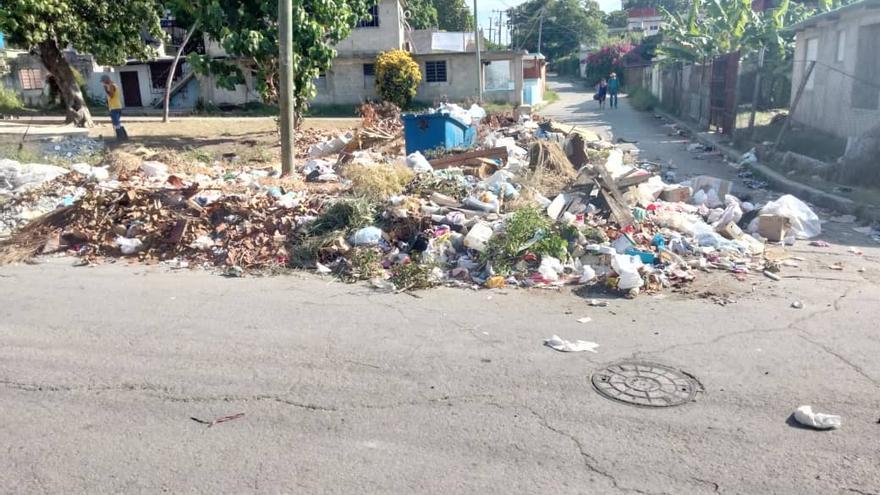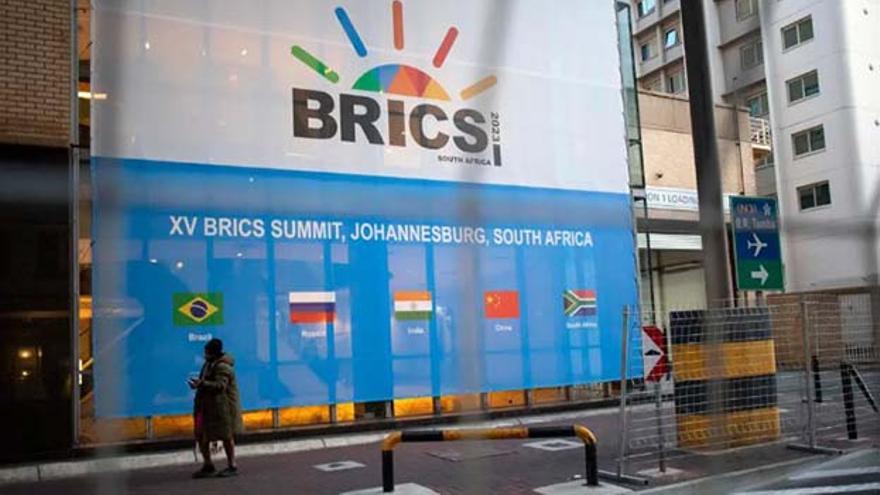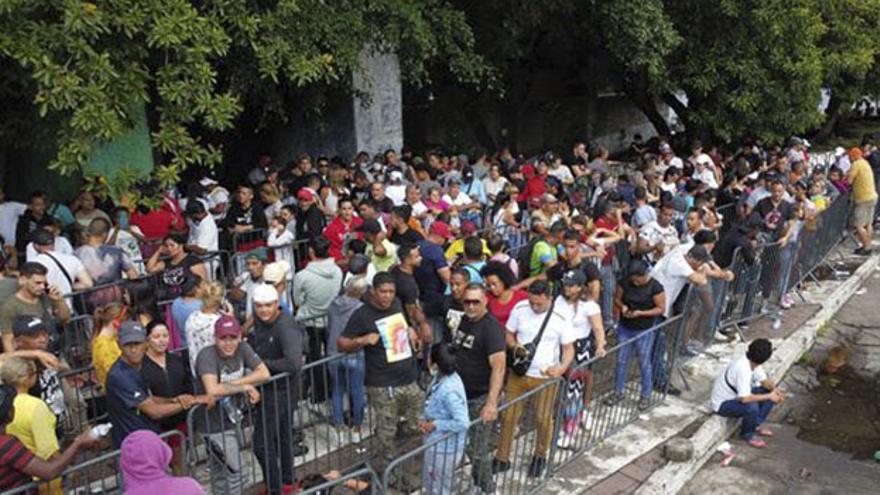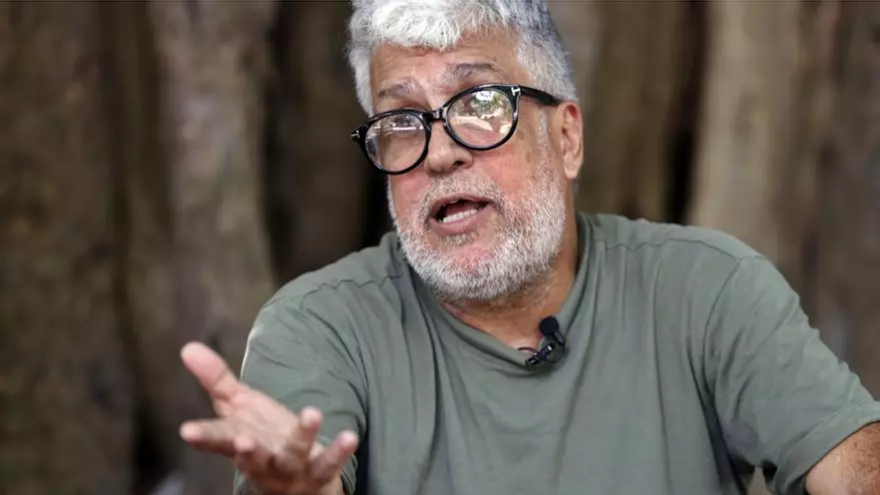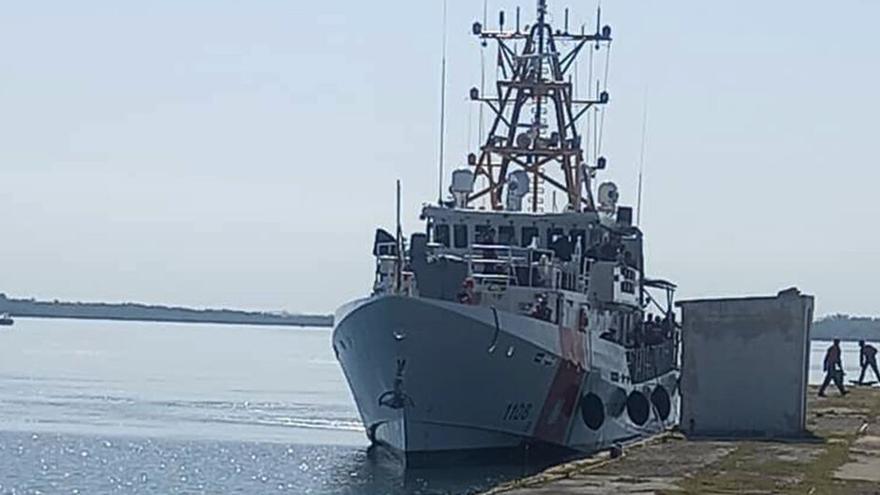“He lived his entire life in the service of others, including his time in the Government and his subsequent career helping to release people taken hostage or unjustly detained abroad,” Mickey Bergman, vice president of the Richardson Center, said in a statement.
Richardson died while sleeping in his summer home in Massachusetts, as reported by CNN and other American media. The Democrat, after completing his political career, devoted himself to working to free Americans detained abroad.
Throughout his career, Richardson interceded for the release of hostages and prisoners in places such as Cuba, North Korea, Iraq, Russia and Sudan. In the 1990s, he had a rapprochement with Havana on several occasions.
In 1996, as a Democratic congressman, Richardson obtained the release of the political prisoners, Carmen Arias Iglesias, Luis Grave Peralta Morell and Eduardo Ramón Prida, after holding a two-hour meeting in Havana with Fidel Castro. According to the Spanish newspaper El País, the American politician sought the release of 12 people. continue reading
In 1996, as a Democratic congressman, Richardson obtained the release of the political prisoners, Carmen Arias Iglesias, Luis Grave Peralta Morell and Eduardo Ramón Prida, after holding a two-hour meeting in Havana with Fidel Castro
Richardson returned to the Island as governor of New Mexico in 2009 to promote commercial and cultural exchange. The Democrat, close to Barack Obama, took advantage of the fact that in 2001, commercial operations of American companies in Cuba had resumed after Washington excluded food and medicines from the financial and commercial embargo that had been applied to the Island since 1962.
As part of that trip, which Richardson himself paid for, he met with Deputy Chancellor Dagoberto Rodríguez and the then-president of the Cuban Parliament, Ricardo Alarcón, according to the Spanish newspaper El Mundo.
In 2010, he returned to the Island to promote commercial and cultural exchanges and, in addition, to act as an intermediary in the release of contractor Alan Gross, imprisoned in Cuba. The following year, in September, a new attempt at liberation was thwarted. “My feeling is that there are some elements in your government [the one in Cuba] that do not want to improve relations with the United States,” Richardson said at the time.
“Cuba’s action seemed to be an extraordinary snub towards the prominent Spanish-speaking Democrat and former UN ambassador who has had cordial relations with the government of the Island. There was no information from the Cuban government about why Richardson could not see Gross, who had usually received visits from diplomats and members of the US Congress,” The Washington Post published.
In this same newspaper, Richardson published an article in 2013 in which he highlighted the Havana fiasco. “I learned this lesson in the worst way,” he wrote, “in 2011, when the Cuban authorities initially refused to release and hand over to me USAID worker Alan Gross, and I said that I would not leave Cuba without him.”
“My public complaint made Cubans less willing to negotiate; they were clearly upset that I had tried to embarrass them. Gross is s till in a Cuban prison today,” he added then.
In 2010 he returned to the Island to promote commercial and cultural exchanges and, in addition, to act as an intermediary in the release of contractor Alan Gross, imprisoned in Cuba
Gross was finally released on December 17, 2014, simultaneously with the five Cuban agents of the so-called Wasp Network, imprisoned in the United States.
Bill Richardson’s name appeared on several occasions among the candidates for the Nobel Peace Prize. Just a few days ago it was known that this year he was nominated again, this time by four Democratic senators, Bob Menéndez, Joe Manchin, Martin Heinrich and Ben Ray Luján.
“Needless to say, I am honored by this nomination for a prestigious award, knowing that it is a remote possibility,” Richardson told The Hill newspaper on August 25. His nomination was backed by 14 letters from former hostages and their families, praising his role in their release.
The President of the United States, Joe Biden, lamented the death of the former governor of New Mexico on Friday. “He was a patriot and truly genuine, and he will not be forgotten,” the President said in a statement in which he reviewed the many milestones in Richardson’s life.
“Bill Richardson carried many heavyweight titles during his life,” Biden said in his message. “Few have served our nation in so many ways or with so much insistence, creativity and good cheer,” he added.
Former US President Bill Clinton and his wife, former Secretary of State Hillary Clinton, also mourned Richardson’s death with a message in which they referred to the politician as “a masterful and persistent negotiator. He helped make our world a safer place and managed to free many people unjustly detained abroad,” the Clintons stated.
Bill Richardson was born in Pasadena, California, although he grew up in the Coyoacán neighborhood of the Mexican capital since his father, a banking executive of Anglo-American and Mexican descent, was stationed there. His mother was Mexican of Spanish origin.
As a child he was sent to study in the United States and later graduated in Political Science at Tufts University in 1970. From a very young age he began his political career as a Republican congressman. He also worked in the State Department with Henry Kissinger during the Richard Nixon Administration (1969-1974).
In 1982 he was elected congressman of the House of Representatives for New Mexico. He spent 14 years in Congress, where he met Bill Clinton (1993-2001) and began to get involved, circumstantially, in the negotiations to release hostages.
It was in 1994 when Clinton asked him to participate in the release of two American pilots whose helicopter was shot down in North Korean airspace, since Richardson was casually visiting the country.
In 1997, Clinton appointed him United States ambassador to the UN (1997-1998), and a year later, he was elected Secretary of Energy until the end of the Democratic president’s second term. He was the Hispanic politician who reached the highest position in those years.
Among the last tasks he performed, Richardson acted as a mediator in several prisoner exchanges between the United States and Russia, including basketball player Brittney Griner and American student Trevor Reed
At that time he also participated in several foreign policy missions, including a negotiation in Baghdad with Saddam Hussein to ensure the release of two American aerospace workers who had been captured by the Iraqis.
After the end of the Clinton Administration, in 2002, Richardson became the only Hispanic governor of the United States at that time and the fifth in the history of New Mexico, the state with the highest percentage of the country’s Latino population.
He was governor for two terms, and in 2008 he sought the Democratic candidacy for the Presidency but abandoned his campaign after the Iowa and New Hampshire primaries.
Among the last tasks he performed, Richardson acted as a mediator in several prisoner exchanges between the United States and Russia, including basketball player Brittney Griner and American student Trevor Reed, at the end of last year.
Married to his childhood friend Barbara Flavin, with whom he had a daughter, he is also the author of three books, including How to Sweet-Talk a Shark: Strategies and Stories from a Master Negotiator, and his participation as a commentator on different television channels such as CNN or Fox News was frequent.
In addition to the Richardson Center for Global Commitment, Richardson created the New Mexico Wildlife Preservation Foundation with actor Robert Redford, to protect wild horses.
Translated by Regina Anavy
________________________
COLLABORATE WITH OUR WORK: The 14ymedio team is committed to practicing serious journalism that reflects Cuba’s reality in all its depth. Thank you for joining us on this long journey. We invite you to continue supporting us by becoming a member of 14ymedio now. Together we can continue transforming journalism in Cuba.
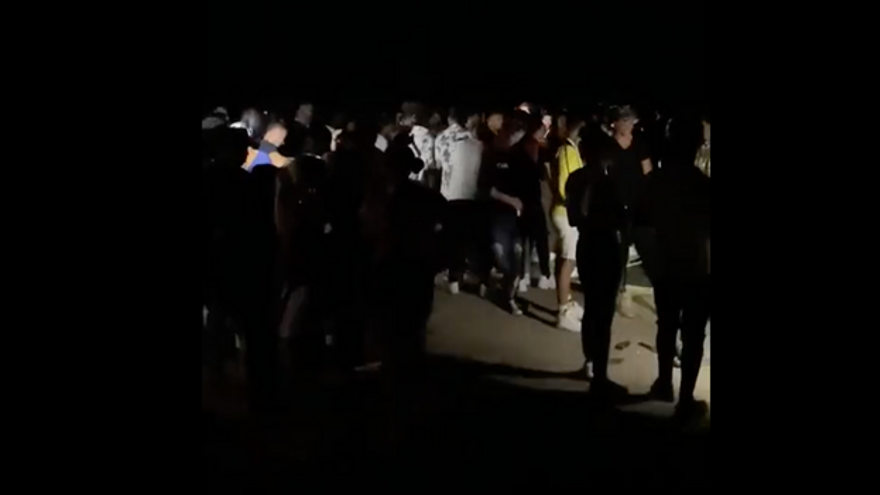
![]() 14ymedio/EFE, Havana, 7 September 2023 — At least 17 people who participated in the protests in the town of Nuevitas, Camagüey, in August 2022 remain in prison waiting to be tried, the NGO Justicia 11J said on Thursday.
14ymedio/EFE, Havana, 7 September 2023 — At least 17 people who participated in the protests in the town of Nuevitas, Camagüey, in August 2022 remain in prison waiting to be tried, the NGO Justicia 11J said on Thursday.
